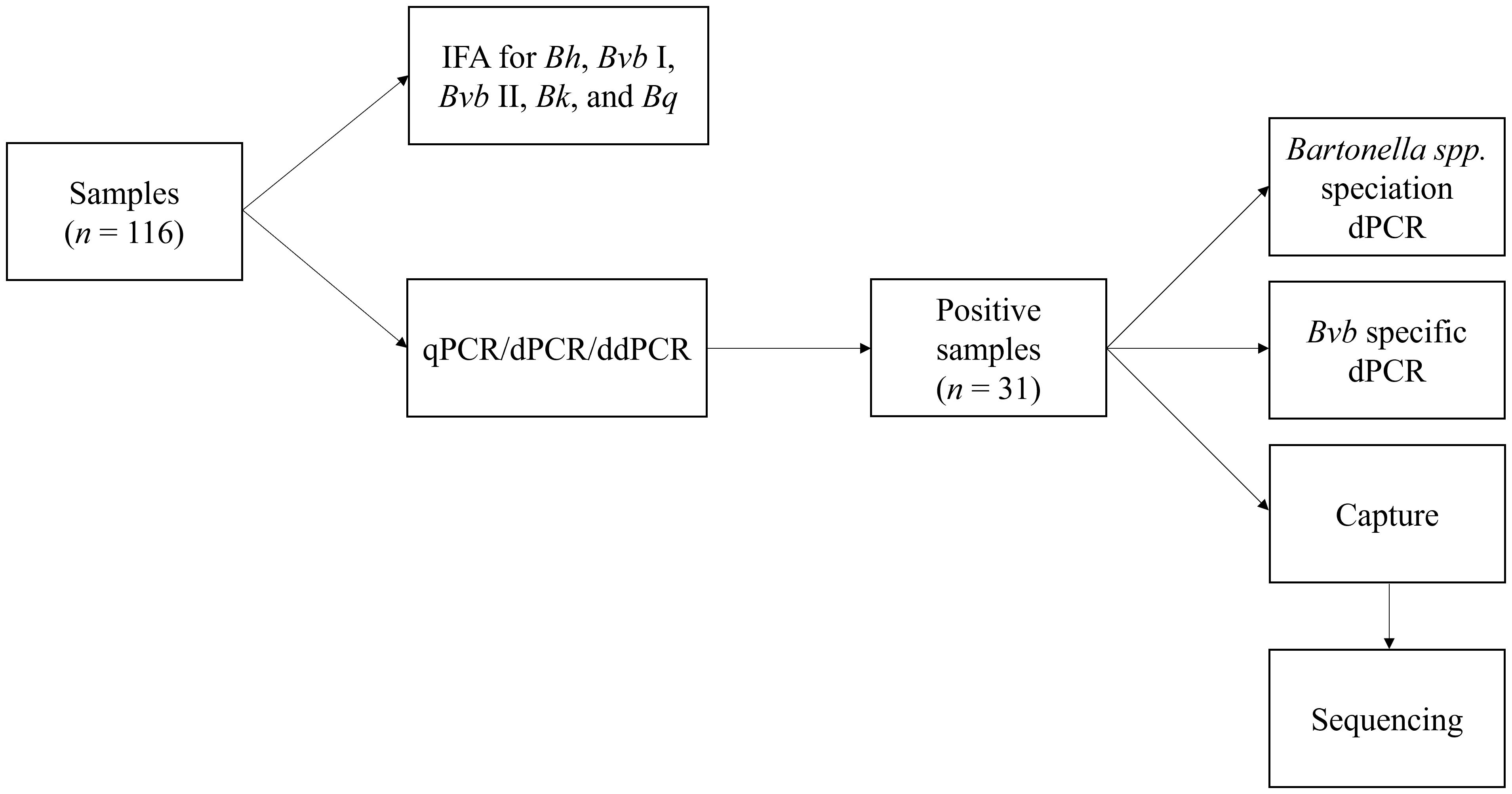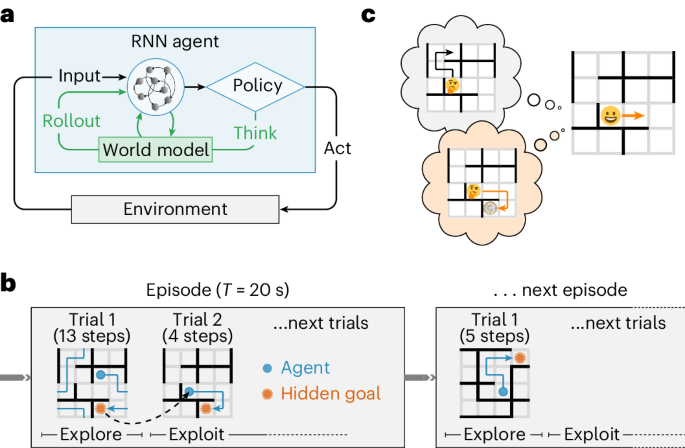2024-06-07 ニューヨーク大学 (NYU)
<関連情報>
- https://www.nyu.edu/about/news-publications/news/2024/june/protein-enables-smell-ants.html
- https://www.science.org/doi/10.1126/sciadv.adk9000
アリの匂い受容体ニューロンのオルコ依存的生存 Orco-dependent survival of odorant receptor neurons in ants
BOGDAN SIERIEBRIENNIKOV, KAYLI R. SIEBER, OLENA KOLUMBA, JAKUB MLEJNEK, […], AND HUA YAN
Science Advances Published:7 Jun 2024
DOI:https://doi.org/10.1126/sciadv.adk9000

Abstract
Olfaction is essential for complex social behavior in insects. To discriminate complex social cues, ants evolved an expanded number of odorant receptor (Or) genes. Mutations in the obligate odorant co-receptor gene orco lead to the loss of ~80% of the antennal lobe glomeruli in the jumping ant Harpegnathos saltator. However, the cellular mechanism remains unclear. Here, we demonstrate massive apoptosis of odorant receptor neurons (ORNs) in the mid to late stages of pupal development, possibly due to ER stress in the absence of Orco. Further bulk and single-nucleus transcriptome analysis shows that, although most orco-expressing ORNs die in orco mutants, a small proportion of them survive: They express ionotropic receptor (Ir) genes that form IR complexes. In addition, we found that some Or genes are expressed in mechanosensory neurons and nonneuronal cells, possibly due to leaky regulation from nearby non-Or genes. Our findings provide a comprehensive overview of ORN development and Or expression in H. saltator.


